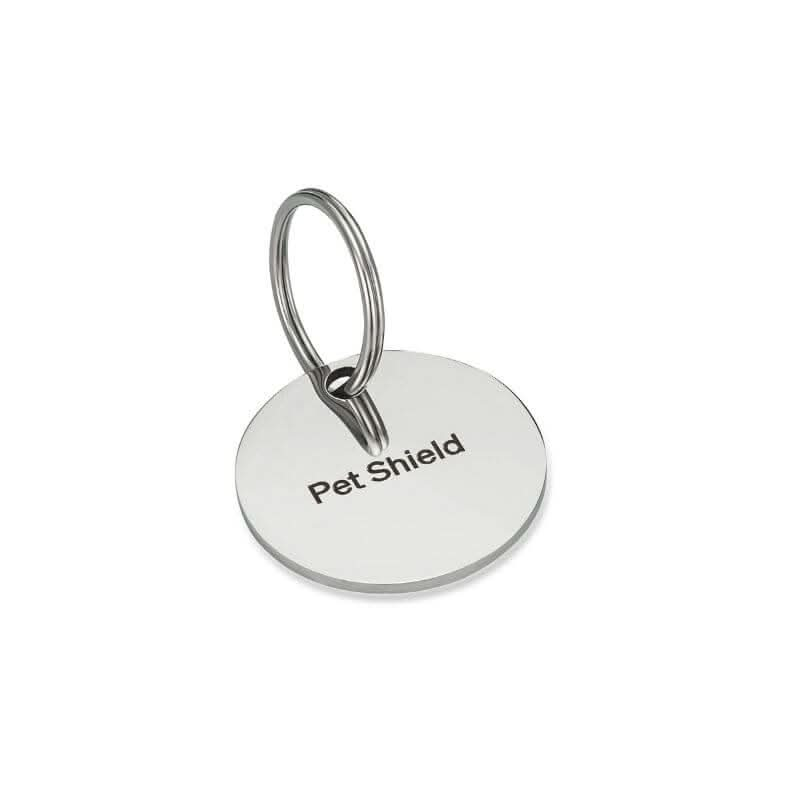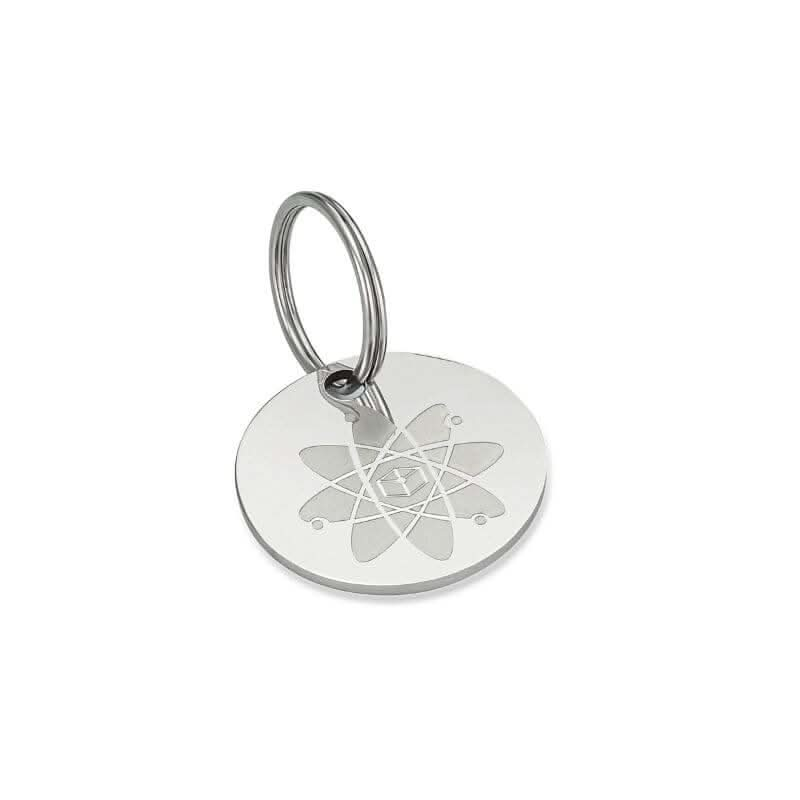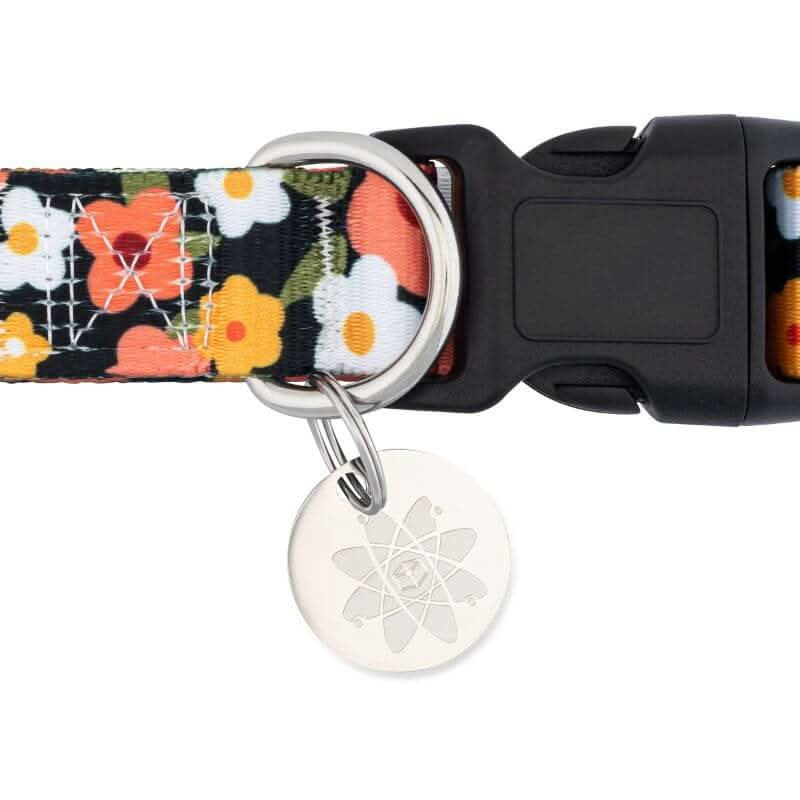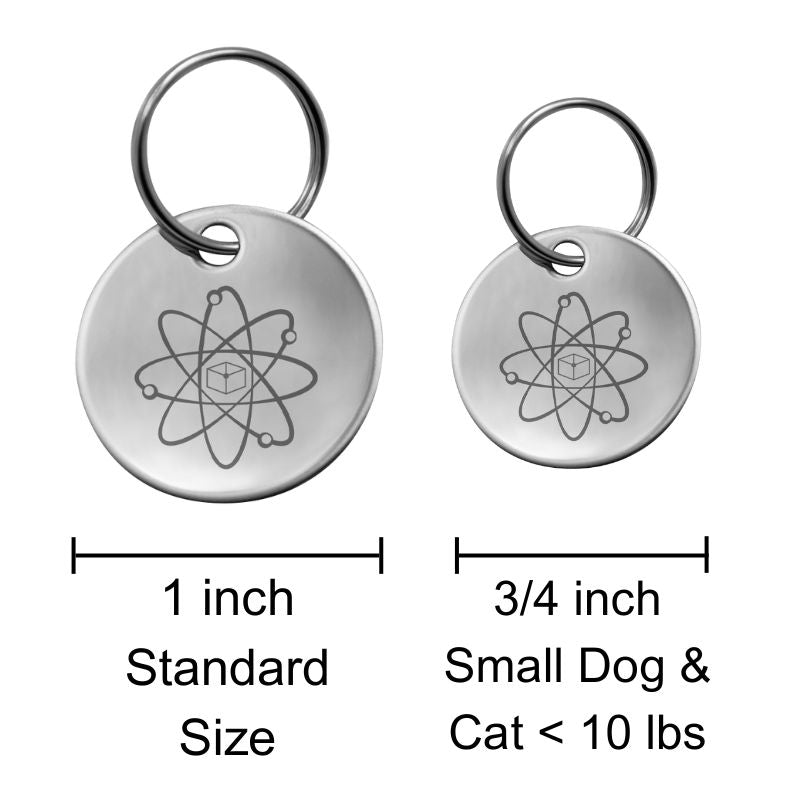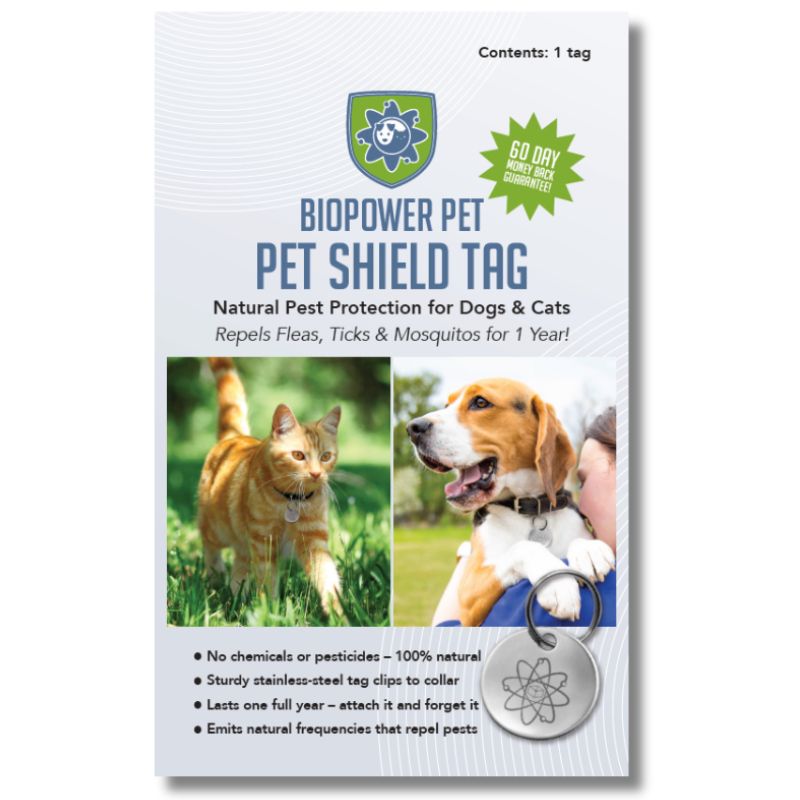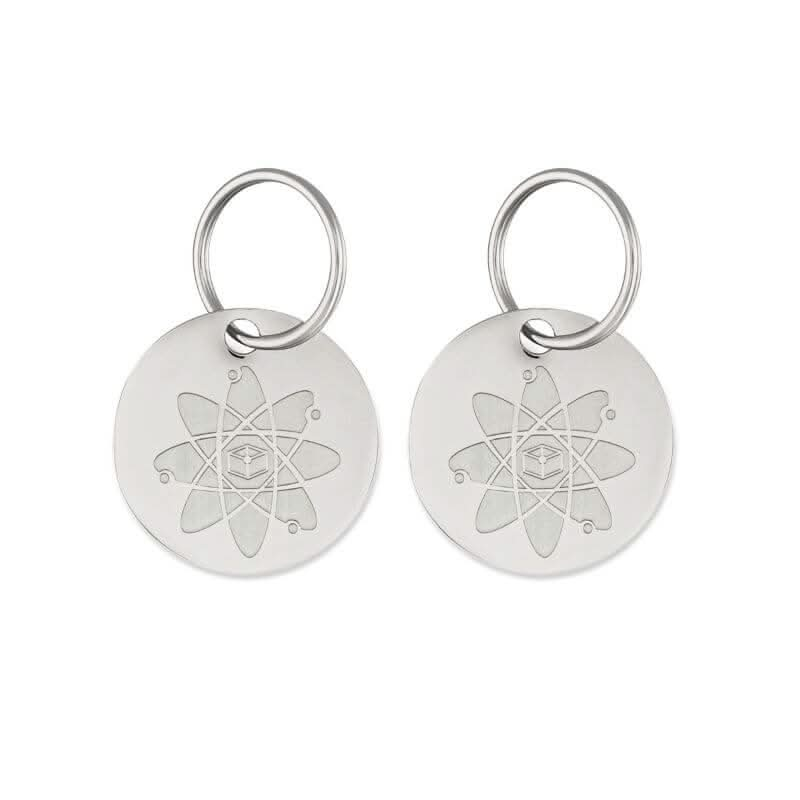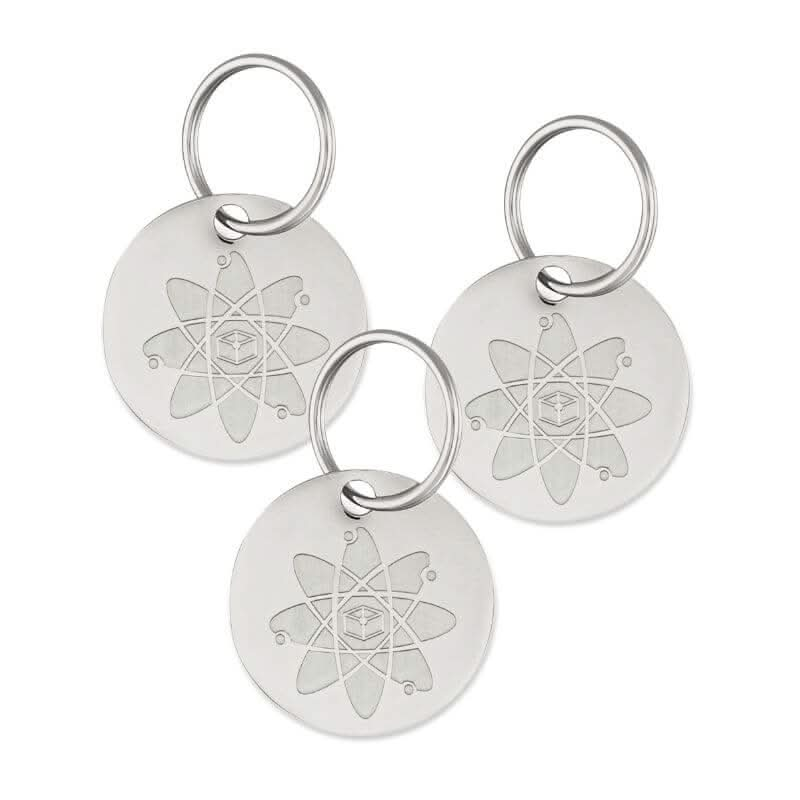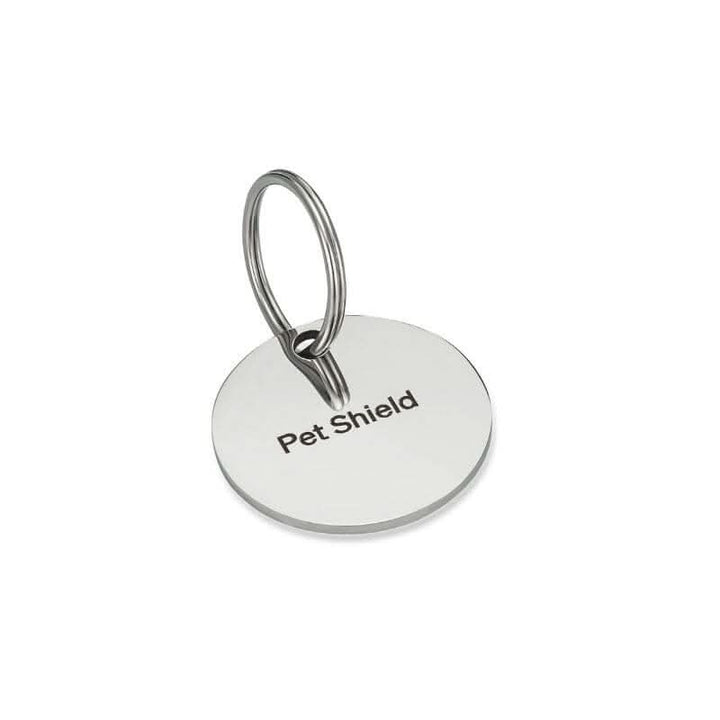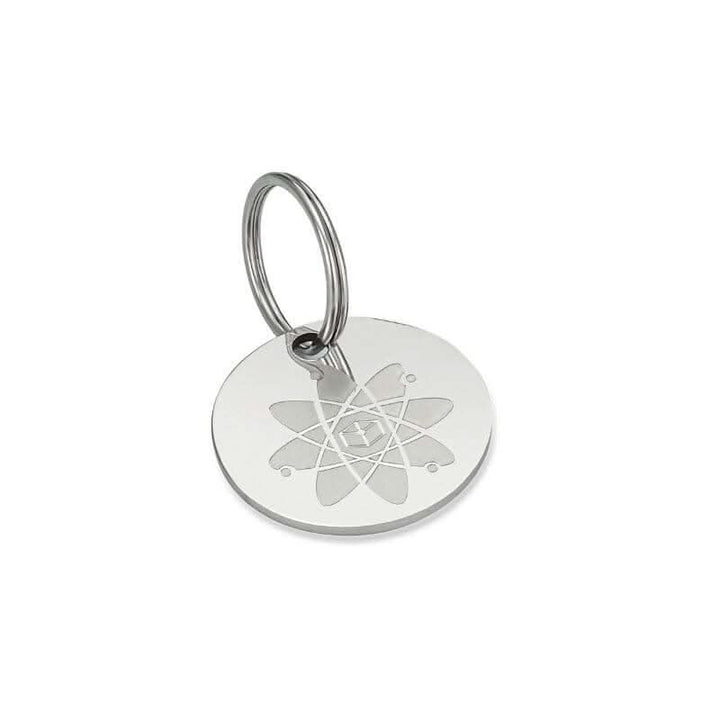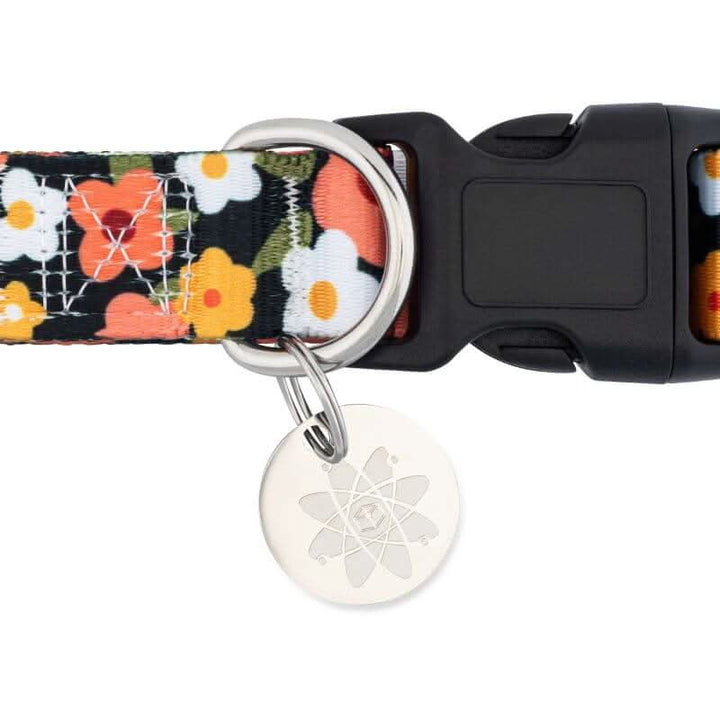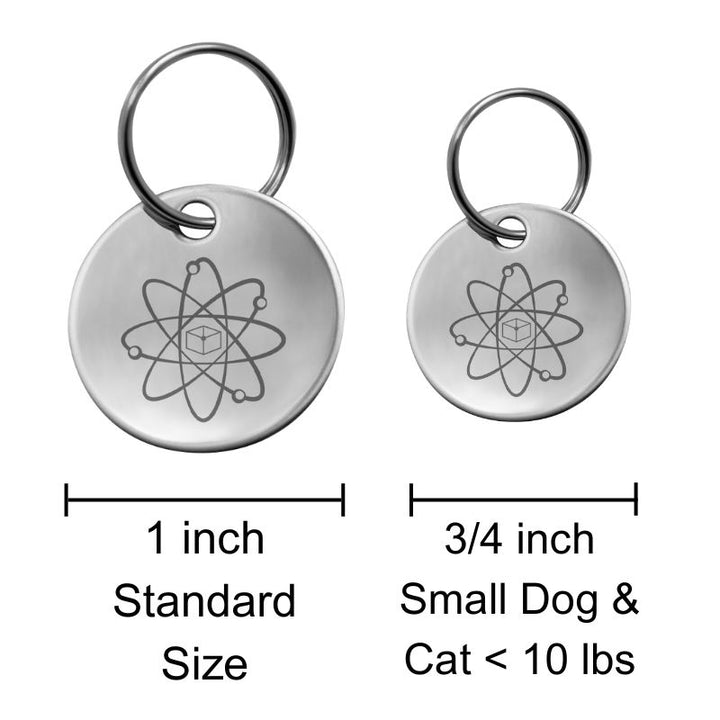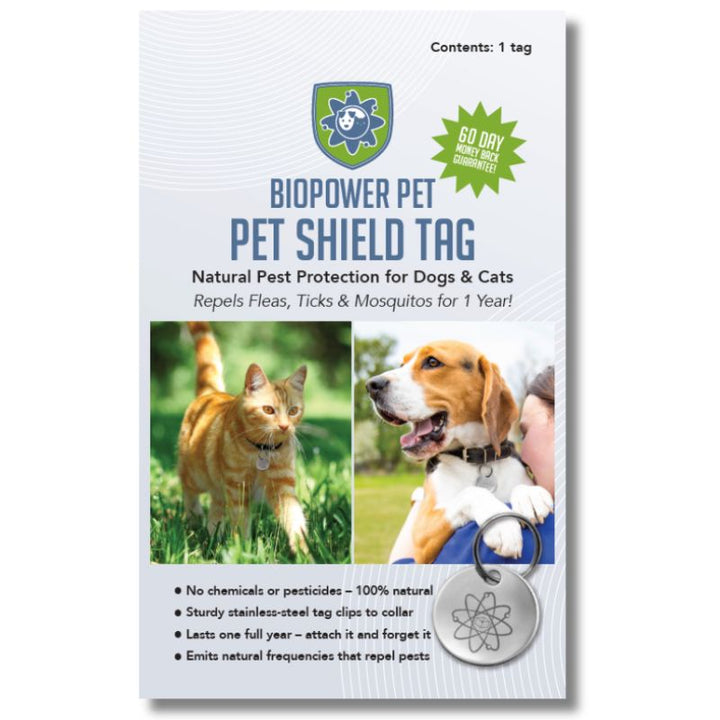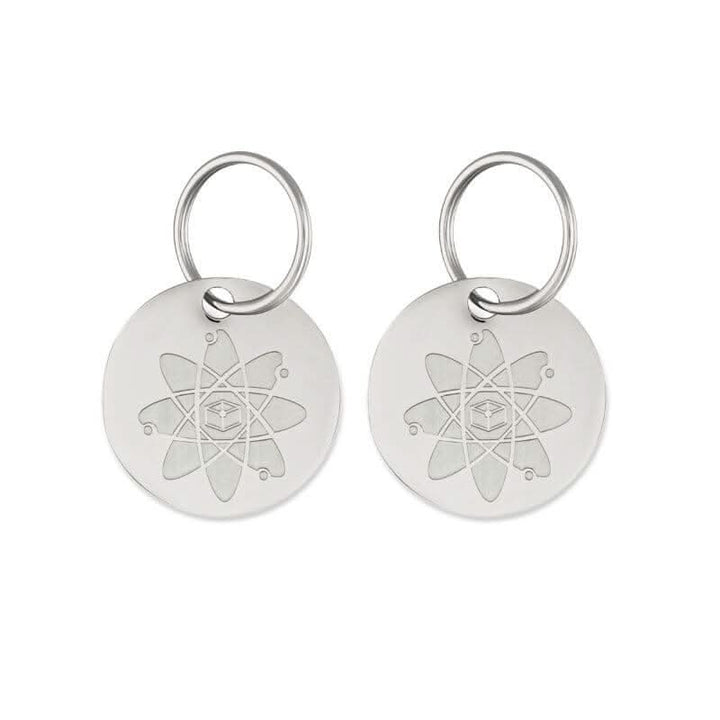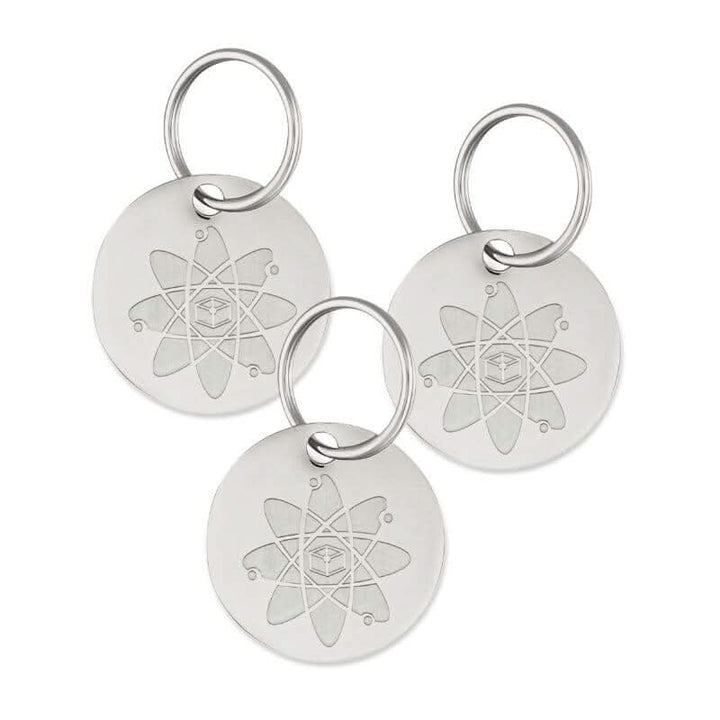Dog Safe Mosquito Repellent
Every pet parent dreads mosquito season. While we swat them away from ourselves, finding a truly dog-safe mosquito repellent often means navigating a maze of chemicals and vague promises. At the core is one simple goal: protecting our dogs without compromising their health.
Why Dogs Need Mosquito Repellent Year-Round
For many pet owners, mosquitoes are considered a seasonal nuisance. However, the threat these insects pose extends far beyond warmer months. As climate patterns shift and mosquito habitats expand, dogs need consistent yearly protection. Here’s why a proactive approach to mosquito prevention is essential for your pet’s ongoing health and comfort.
Mosquitoes Are More Than A Seasonal Problem
Mosquito activity is no longer confined to summer. In many regions, mild winters and increased rainfall have led to longer mosquito seasons. In urban and suburban areas, artificial water sources such as birdbaths, gutters, and lawn equipment provide breeding grounds, enabling mosquitoes to thrive even when temperatures drop.
Risks To Dogs: More Than Just Itchy Bites
A mosquito bite is more than a temporary irritation for dogs; it can be a vector for serious health risks. Mosquitoes transmit heartworm, a potentially fatal parasitic infection, as well as diseases like West Nile virus and Eastern Equine Encephalitis. Even a single bite can introduce harmful pathogens, making year-round prevention a non-negotiable part of responsible pet care.
Changing Climates And Shifting Habitats
Warmer temperatures and changing rainfall patterns are causing mosquitoes to expand into new territory and remain active for longer periods. Reliance on old guidelines for mosquito seasons may no longer offer adequate protection for dogs.
The Persistent Threat Of Indoor Mosquitoes
Mosquitoes are experts at finding their way indoors, particularly during colder months, where they can survive and bite. Windows, doors, and even pet bedding can become unexpected hotspots. As a result, dogs are at risk of indoor bites regardless of the outdoor climate or season.
Integrating Repellent Into Daily Pet Care
Incorporating mosquito repellent into your dog’s daily routine ensures continuous defense against evolving risks. Consistency is key, just as you would with nutrition and exercise, making year-round repellent use a standard part of your pet care regimen provides enduring benefits for your dog’s well-being.
Risks Mosquitoes Pose To Your Dog’s Health
Mosquitoes are more than just temporary annoyances; their bites can carry pathogens that present serious health threats to dogs. Understanding these risks is crucial when considering how best to protect your pet.
Heartworm Disease
One of the most significant dangers mosquitoes pose to dogs is the transmission of heartworm larvae. When a mosquito carrying microscopic heartworm larvae bites a dog, it can deposit the parasites into the bloodstream. Over time, these larvae develop into worms in the heart and lungs, potentially causing life-threatening complications if left untreated.
Allergic Reactions
Some dogs may have allergic reactions to mosquito bites. These can range from localized redness and swelling to more severe itching and discomfort. Persistent scratching or biting at affected areas can cause secondary skin infections, leading to further health issues.
Skin Irritation And Infections
Apart from allergic responses, even minor mosquito bites can result in skin irritation. The repeated scratching prompted by itching can break the skin’s natural barrier, making it more susceptible to bacterial or fungal infections. Small wounds from scratching can escalate if not promptly managed.
What Makes A Mosquito Repellent Safe For Dogs?
Choosing a mosquito repellent for dogs can feel daunting, especially for pet parents who prioritize safety and natural health alternatives. While the market offers many products, not all repellents are created with your dog's well-being in mind. Understanding what defines a dog-safe mosquito repellent empowers you to make informed choices that protect your pet and peace of mind.
Non-Toxic Ingredients And Chemical-Free Formulas
A dog-safe mosquito repellent should be free of harmful pesticides, synthetic chemicals, or additives commonly found in conventional products. Ingredients such as DEET or permethrin, though effective against mosquitoes, are not safe for canine use and can cause a range of side effects, from mild skin irritation to severe neurological issues. Instead, look for formulations that harness plant-based essential oils or other natural compounds verified for pet safety.
Targeted Efficacy Without Systemic Absorption
Repellents should create a protective barrier around your dog rather than requiring ingestion or deep skin absorption. Topical sprays, tags, or collars designed to deter pests without entering the bloodstream offer reassurance that your dog's organs and long-term health are not at risk. Innovations that rely on external mechanisms, such as bioenergetic frequencies or naturally derived scents, can provide effective deterrents while respecting your pet's internal balance.
Minimal Maintenance And Ease Of Use
Safety extends beyond ingredients; it also encompasses how stress-free and straightforward a product is to use. The ideal dog-safe mosquito repellent requires minimal handling, doesn't involve complicated application rituals, and poses no risk of overdose or accidental ingestion. Products designed for long-lasting protection that don’t need frequent reapplication help ensure consistent coverage without increasing irritant exposure.
Rigorous Testing And Scientific Validation
A transparent, science-based evaluation is a vital hallmark of a safe mosquito repellent for dogs. Reputable products often feature evidence of efficacy and safety through clinical studies or documented testing. When searching for options, prioritize those supported by clear research demonstrating both effectiveness in mosquito prevention and a strong safety profile tailored to animal needs.

Dog Safe Mosquito Repellent vs. Chemical Alternatives
When searching for effective mosquito repellents for dogs, pet owners often have a choice between natural, dog-safe solutions and traditional chemical-based products. Understanding the benefits and drawbacks of each approach is essential for making an informed decision.
How Chemical Repellents Work
Chemical mosquito repellents typically employ synthetic ingredients such as permethrin or DEET that target insects' nervous systems. While generally effective at deterring mosquitoes, these substances can pose risks when used repeatedly or in high concentrations around animals.
Potential side effects may include skin irritations, allergic reactions, lethargy, or, in severe cases, neurological effects. Prolonged exposure raises concerns for pets and their human families, especially in households with children or immunocompromised individuals.
Science Behind Natural Dog Safe Repellents
Natural mosquito repellents designed specifically for pets utilize ingredients like plant-based essential oils, or more advanced technologies such as bioresonance, to protect without exposing animals to harsh chemicals. Unlike conventional solutions, these repellents work in harmony with a dog’s physiology, creating an environment less hospitable to mosquitoes.
The scientific foundation behind these methods often influences how pests perceive and react to their target, bypassing the need for toxic substances. This results in a gentle yet scientifically sound defense that reduces the likelihood of unwanted side effects.
Comparing Efficacy And Safety
While chemical repellents deliver fast results, the trade-off often lies in the potential for adverse reactions or environmental harm. Natural, dog-safe repellents might pursue a steadier, long-term approach, aiming to provide continual protection through mechanisms like natural scent masking or energetic fields. Scientific studies increasingly support the efficacy of these holistic options, offering reassurance to pet owners who prioritize well-being and sustainability.
By weighing these factors, pet parents can make a confident, science-backed choice for their dog’s mosquito protection, without compromising safety or peace of mind. Pairing mosquito defense with targeted flea spray for dogs ensures comprehensive protection against multiple pests.
The BioPower Pet Difference: Safe, Natural Protection
At BioPower Pet, we believe that protecting your pet from mosquitoes and the diseases they carry should never come at the expense of their health or comfort. As more pet owners seek safe, chemical-free alternatives, understanding how holistic mosquito repellents work is key to making a smart, confident choice.
What Makes Biopower Pet Different
Not all “natural” solutions are created equal. Our approach is built on bioresonance technology, a scientifically informed method that emits specific energetic frequencies. These frequencies interact with the biofield around your dog or cat, forming an invisible barrier that naturally repels pests like mosquitoes, fleas, and ticks.
This is not a chemical kill-on-contact method. Instead, it disrupts pests at the neurological level, without affecting your pet or your home’s ecosystem. It’s protection that works in harmony with your animal, not against it.
Natural Ingredients You Can Trust
Our topical sprays are formulated with pure spring water and plant-based ingredients like citronella, selected for their proven pest-repelling properties. Each spray is then bioenergetically charged to enhance efficacy. There is no greasy residue, no artificial scents, and no toxic runoff on your furniture, floors, or hands.
This chemical-free formula can be applied directly to your pet’s coat or bedding and is gentle enough for pets with sensitivities, allergies, or compromised immune systems. Options like our flea and tick spray add another layer of protection to keep your pet comfortable year-round.
Consistent Protection With Zero Maintenance
We designed our repellents to support your busy lifestyle. Our stainless steel frequency tags provide year-round, waterproof protection with no batteries, mess, or stress. Clip it onto your pet’s collar once, and that’s it. No complicated monthly routines, no last-minute treatment panics.
When paired with the spray during high-activity seasons, you have a flexible system that adapts to your pet’s needs and your peace of mind.
Grounded In Science, Not Guesswork
We’re committed to solutions backed by energetic science, not marketing hype. Bioresonance has been studied and applied in wellness settings for decades, and we’ve adapted its principles to suit the specific needs of companion animals. BioPower Pet offers pet-safe pest control that’s informed, effective, and built to align with your values.
If you’re tired of harsh chemicals and vague labels, it's time for a smarter, science-backed shift. BioPower Pet allows you to protect your pets, naturally, safely, and effortlessly.
Best Practices For Year-Round Mosquito And Flea Control
Dogs benefit most when owners integrate several best practices into a comprehensive, year-round routine. By prioritizing prevention and early intervention, you can help ensure your pet’s comfort and health every season. Here’s how to optimize your mosquito and flea control strategy:
Prioritize Prevention Over Treatment
Prevention is the cornerstone of effective pest management. Once mosquitoes and fleas establish themselves, they are much more challenging to eliminate and can pose health risks to your dog. Make pest prevention part of your routine, not just a response to an active infestation.
Maintain A Clean Environment
Regularly clean your pet’s bedding, vacuum carpets and furniture, and launder soft furnishings. Mosquitoes and fleas often hide in warm, humid, sheltered areas inside and outside the home. Reducing possible habitats can greatly decrease the risk of an infestation.
Monitor Outdoor Spaces
Trim grass, remove leaf litter, and clear out any standing water in your yard. Mosquitoes thrive in areas where water collects; even a shallow bowl left outdoors can serve as a breeding ground. Creating an inhospitable environment for pests makes a noticeable difference.
Choose Dog Safe Mosquito Repellent Products
Utilize non-toxic repellents specifically labeled as dog-safe mosquito repellent. Avoid products containing DEET or other harsh chemicals, as these can lead to irritation or toxicity with repeated exposure. Look for natural alternatives that are both effective and gentle on your dog’s skin and coat.
Combine Natural Repellents With Routine Checks
Even with safe, holistic repellents, conduct routine checks for fleas, ticks, and mosquito bites, especially after outdoor activities. Early detection makes managing any issues much easier and keeps discomfort at bay for your dog.
Stay Consistent Throughout All Seasons
Mosquito and flea activity can persist during unexpected times of year, mild winters or rainy autumns can extend the pest season. For the most reliable protection, maintain your control practices year-round, not just in peak months.
Read also:
Frequently asked question
A dog safe mosquito repellent is a product specifically formulated to repel mosquitoes without exposing your pet to harsh chemicals or toxic ingredients. Options like BioPower Pet Shield Tag and Shield Spray utilize bioresonance technology and natural ingredients, making them gentle and safe for canine use.
No, you should never use human mosquito repellent on dogs. Many products for humans contain chemicals, like DEET or Picaridin, that are toxic to pets and may cause adverse reactions.
This depends on the type of repellent used. BioPower Pet’s Shield Tag provides continuous protection for up to 12 months with no reapplication needed. For sprays, always follow the instructions on the label, but most natural sprays are safe to use daily or as required.
Keep your yard tidy by removing standing water, mowing the lawn, and trimming shrubs. For added protection, consider using safe, dog-approved repellents like BioPower Pet Shield Spray on bedding or outdoor gear.
Yes, mosquitoes can transmit diseases to dogs, including heartworm and some viral infections. Repelling mosquitoes is a crucial step in protecting your pet’s long-term health.
Avoid DEET, permethrin, pyrethroids, and other synthetic chemicals, as these can harm dogs. Instead, choose products formulated with natural, pet-safe ingredients and validated scientific approaches.


